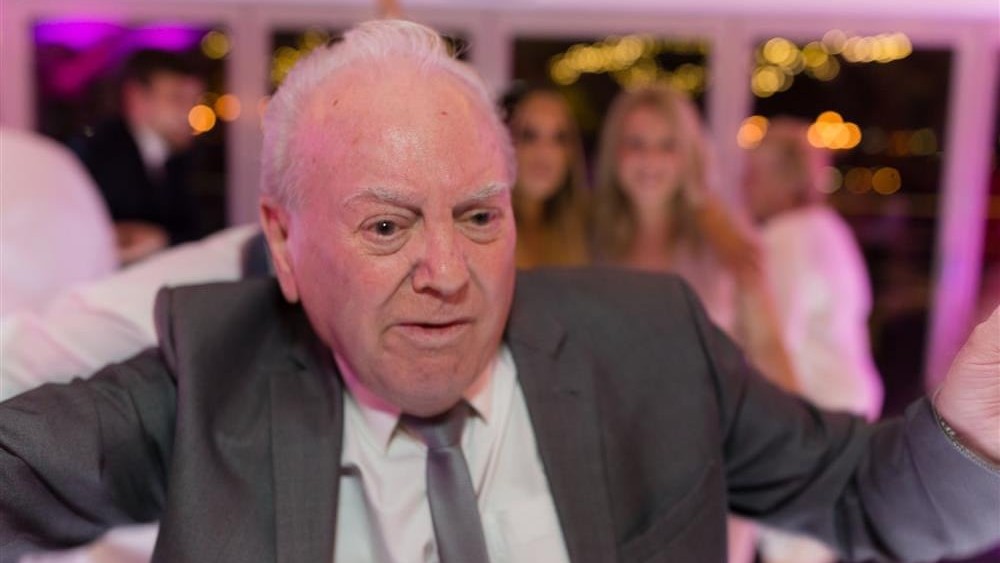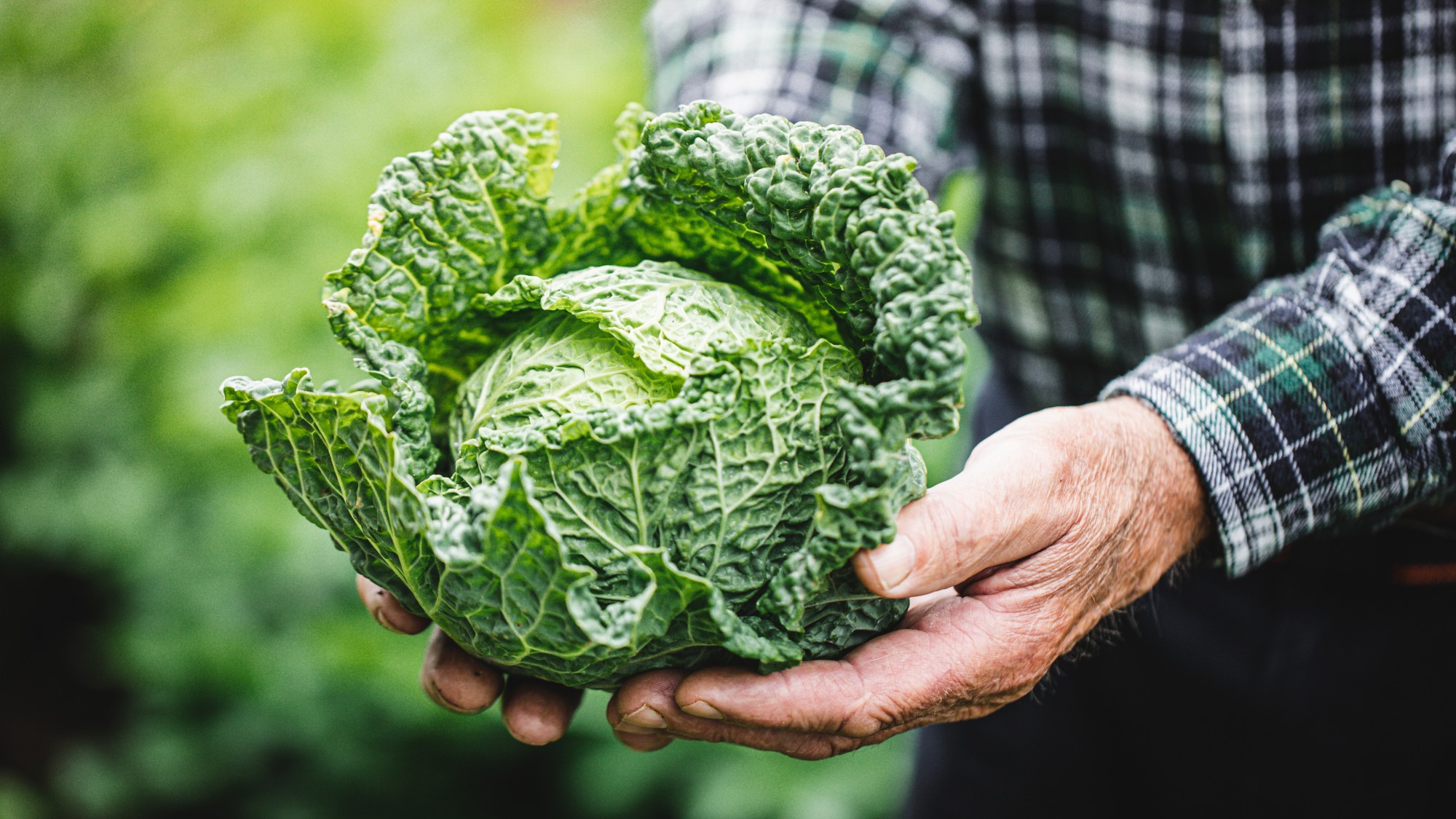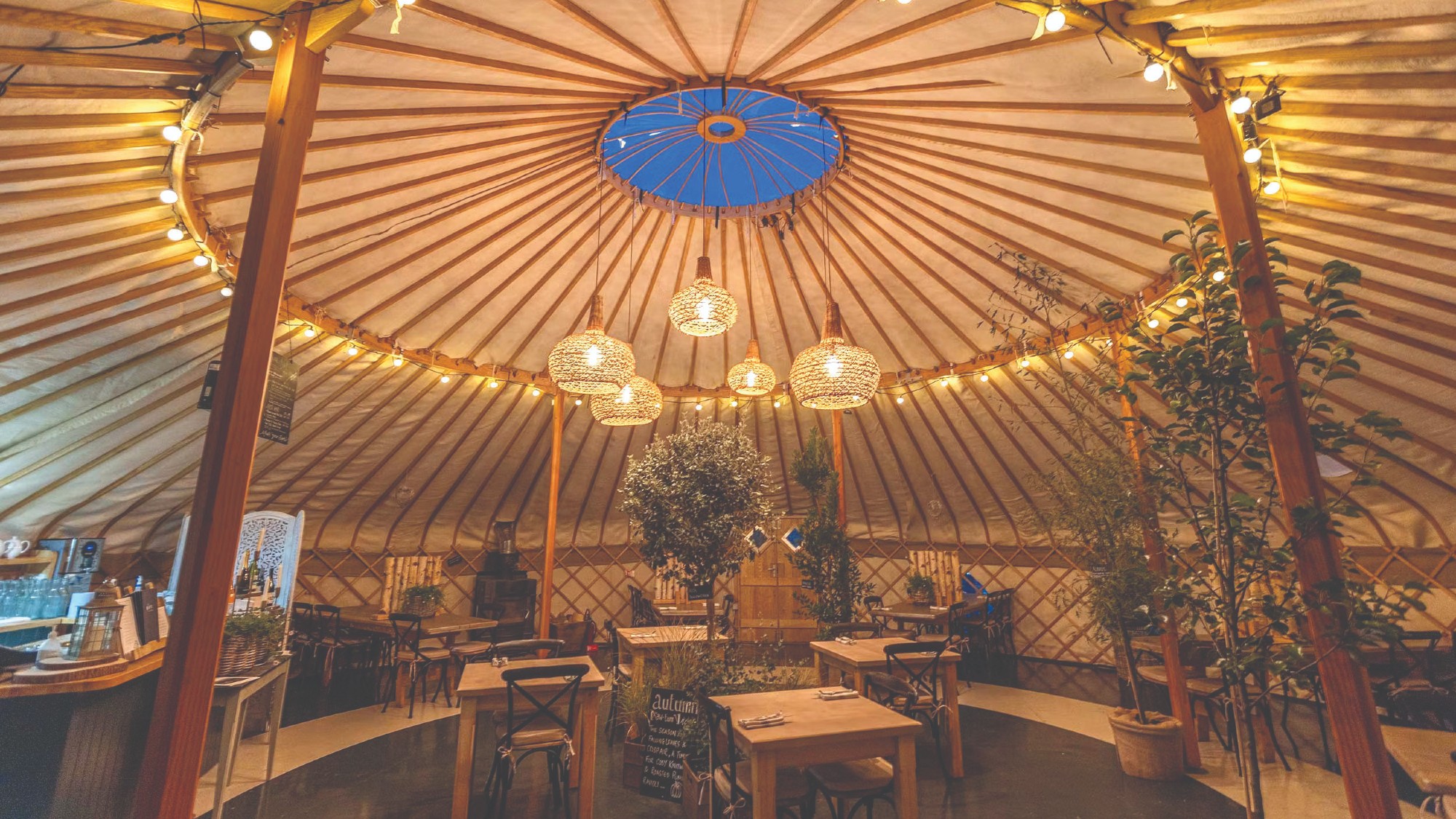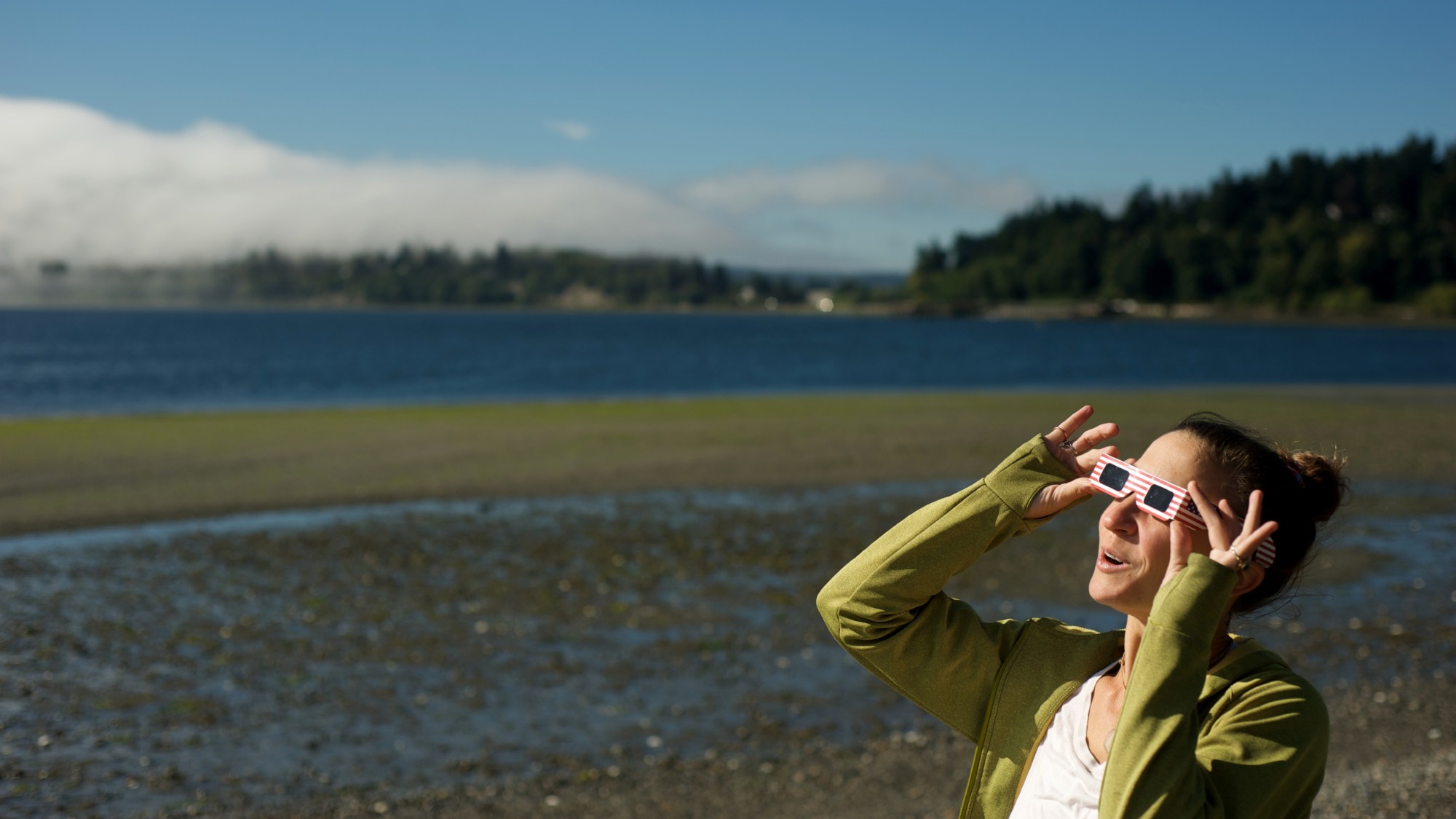Coronavirus: is loneliness a hidden lockdown killer?
Suicides and attempted suicides appearing to be increasing, police warn

A free daily email with the biggest news stories of the day – and the best features from TheWeek.com
You are now subscribed
Your newsletter sign-up was successful
A man whose grandfather killed himself following weeks under lockdown is urging people to “pick up the phone to your parents, grandparents and friends”.
In a tribute posted to facebook, James Parnaby said the death of 82-year-old Dennis Ward was one of the “hidden effects of coronavirus”.
Ward was found dead at his Birmingham home last week by his wife, Valerie, who said he had never had issues with his mental health before, reports The Times.
The Week
Escape your echo chamber. Get the facts behind the news, plus analysis from multiple perspectives.

Sign up for The Week's Free Newsletters
From our morning news briefing to a weekly Good News Newsletter, get the best of The Week delivered directly to your inbox.
From our morning news briefing to a weekly Good News Newsletter, get the best of The Week delivered directly to your inbox.
She added that her husband, a father of two and grandfather of three, “was someone who would go out every single day and always looked forward to seeing his family. The impact of this lockdown became too much for him.”
Ward’s death comes weeks after the Police Federation warned of “early indications” of a rise in suicides during lockdown.
Experts believe loneliness is a major factor in the increase in the number of people taking their own lives.
“Loneliness is a subjective experience, so it’s not always obvious to us,” Pamela Qualter, a University of Manchester professor of psychology, told The Guardian. “There are some people who are currently isolated who will not get lonely and there are others who will really struggle.”
A free daily email with the biggest news stories of the day – and the best features from TheWeek.com
The problem of loneliness has long been in danger of becoming a “plague”, says Time. Now, “its intersection with another pandemic - Covid-19 - is creating widespread alarm”, the magazine continues.
The extent of the danger was not immediately apparent, however.
Initially, the coronavirus outbreak and resulting lockdown “acted as a social catalyst, with an upsurge in the number of people checking in on their neighbours”, says Ian Hamilton, a lecturer at York University’s Department of Health Science, in an article for The Independent.
But this camaraderie gradually slipped. Two-thirds of people quizzed in a survey at the start of the quarantine said they had checked in on their neighbours, yet “this has fallen to just 52%”, Hamilton writes.
–––––––––––––––––––––––––––––––For a round-up of the most important stories from around the world - and a concise, refreshing and balanced take on the week’s news agenda - try The Week magazine. Start your trial subscription today–––––––––––––––––––––––––––––––
For some people, a lack of real-world interaction has been mitigated by digital communication, with online tools allowing them to “reach out to more people than they ever did before”, says the BBC.
But technology alone is not the solution, says Professor Rory O’Connor of the University of Glasgow.
O’Connor, who conducts research on suicide, told The Guardian that “people are reporting elevated levels of anxiety, depression and stress. That’s why it’s so urgent that we identify who is vulnerable so we can put measures in place.”
For York University lecturer Hamilton, one vital measure to tackle the loneliness crisis is to create a more cohesive society. Yet “we are already returning to our old ways of looking out for number one”, he warns.
Samaritans can be contacted on 116 123 in the UK and Ireland, or email jo@samaritans.org or jo@samaritans.ie. Information on other international helplines can be found at befrienders.org.
Arion McNicoll is a freelance writer at The Week Digital and was previously the UK website’s editor. He has also held senior editorial roles at CNN, The Times and The Sunday Times. Along with his writing work, he co-hosts “Today in History with The Retrospectors”, Rethink Audio’s flagship daily podcast, and is a regular panellist (and occasional stand-in host) on “The Week Unwrapped”. He is also a judge for The Publisher Podcast Awards.
-
 The cabbage comeback
The cabbage comebackThe Week Recommends Gone are the days of ‘WWII boiled cabbage recipes’. The humble vegetable is enjoying a resurgence
-
 Fine food on a budget
Fine food on a budgetThe Week Recommends Excellent value eateries with the Michelin inspectors’ seal of approval
-
 Where to go for the 2027 total solar eclipse
Where to go for the 2027 total solar eclipseThe Week Recommends Look to the skies in Egypt, Spain and Morocco
-
 A Nipah virus outbreak in India has brought back Covid-era surveillance
A Nipah virus outbreak in India has brought back Covid-era surveillanceUnder the radar The disease can spread through animals and humans
-
 Covid-19 mRNA vaccines could help fight cancer
Covid-19 mRNA vaccines could help fight cancerUnder the radar They boost the immune system
-
 The new Stratus Covid strain – and why it’s on the rise
The new Stratus Covid strain – and why it’s on the riseThe Explainer ‘No evidence’ new variant is more dangerous or that vaccines won’t work against it, say UK health experts
-
 RFK Jr. vaccine panel advises restricting MMRV shot
RFK Jr. vaccine panel advises restricting MMRV shotSpeed Read The committee voted to restrict access to a childhood vaccine against chickenpox
-
 RFK Jr. scraps Covid shots for pregnant women, kids
RFK Jr. scraps Covid shots for pregnant women, kidsSpeed Read The Health Secretary announced a policy change without informing CDC officials
-
 New FDA chiefs limit Covid-19 shots to elderly, sick
New FDA chiefs limit Covid-19 shots to elderly, sickspeed read The FDA set stricter approval standards for booster shots
-
 RFK Jr.: A new plan for sabotaging vaccines
RFK Jr.: A new plan for sabotaging vaccinesFeature The Health Secretary announced changes to vaccine testing and asks Americans to 'do your own research'
-
 Five years on: How Covid changed everything
Five years on: How Covid changed everythingFeature We seem to have collectively forgotten Covid’s horrors, but they have completely reshaped politics